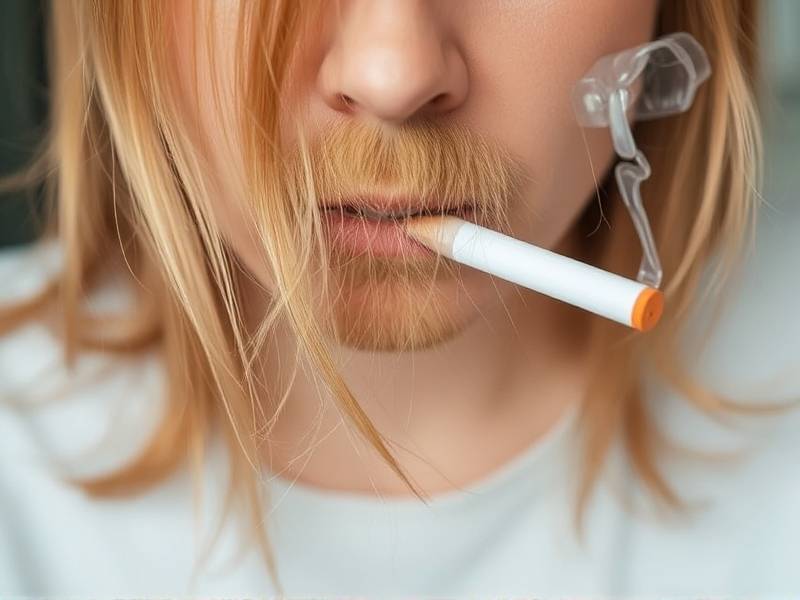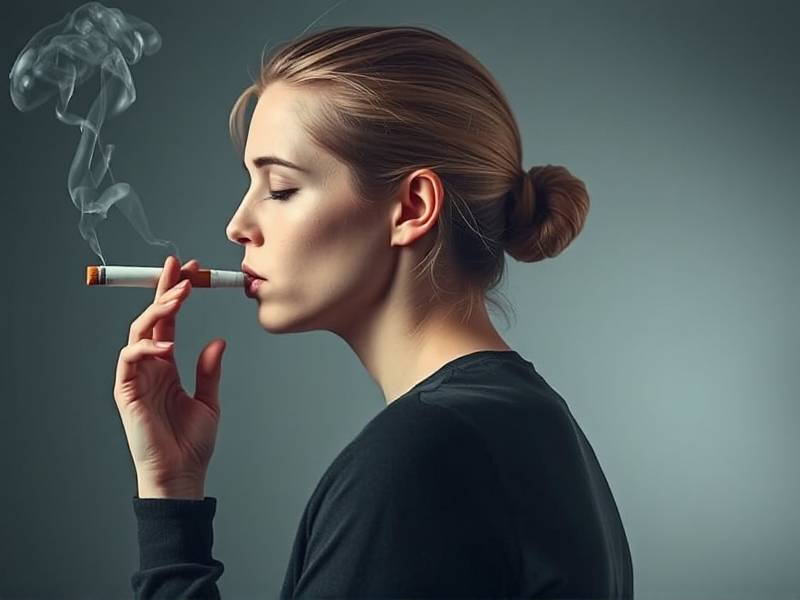Does Hair Really Grow Back When You Quit Smoking? The Science Behind It
Does Hair Really Grow Back When You Quit Smoking? The Science Behind It
Introduction: The idea that quitting smoking can lead to a noticeable improvement in hair growth has been a topic of much debate. While it's widely known that smoking can contribute to hair loss and thinning, many people are curious about whether their hair will actually grow back once they kick the habit. Let's delve into the science behind this question and explore the potential impact of quitting smoking on hair growth.
Understanding Hair Loss: Hair loss can occur due to various factors, including genetics, hormonal imbalances, and external influences like smoking. When you smoke, the chemicals in tobacco can restrict blood flow to your scalp, leading to nutrient deficiency and weakened hair follicles. This often results in hair thinning or even balding over time.

The Process of Hair Growth: Before we discuss the impact of quitting smoking on hair growth, it's essential to understand how hair grows. Hair goes through three stages: anagen (growth phase), catagen (transition phase), and telogen (resting phase). During the anagen phase, new hair is produced at a rate of about half an inch per month. Once the anagen phase is complete, the follicle enters the catagen phase for about two weeks before entering the telogen phase.
The Impact of Quitting Smoking on Hair Growth: Research suggests that quitting smoking can positively impact hair growth by reversing some of the negative effects caused by tobacco use. Here are some key points:

- Improved Blood Flow: By eliminating smoking, you allow better blood flow to your scalp, ensuring that your hair follicles receive essential nutrients and oxygen.
- Reduced Inflammation: Smoking can cause inflammation in your body, including your scalp. Quitting may help reduce this inflammation and promote healthier hair growth.
- Enhanced Nutrient Absorption: A healthier body allows for better absorption of vitamins and minerals necessary for healthy hair growth.
However, it's important to note that the rate at which your hair grows back after quitting smoking may vary depending on several factors:
- Individual Differences: Each person's body responds differently to changes in lifestyle habits like quitting smoking.
- Duration of Smoking: The longer you've smoked, the more significant the impact on your scalp health might be.
- Other Factors: Genetics and overall health also play a role in determining how quickly your hair will grow back after quitting.
Conclusion: While there is no guarantee that your hair will grow back immediately after quitting smoking, evidence suggests that it is possible with time and patience. By improving blood flow, reducing inflammation, and enhancing nutrient absorption in your scalp, you're giving yourself a better chance at healthier hair growth.
Remember that everyone's experience may vary when it comes to regaining lost hair after quitting smoking. Patience and consistency are key as you work towards improving your overall health and appearance.
In summary, while there is no magic solution for immediate results when it comes to regaining lost hair after quitting smoking, making this significant lifestyle change can have long-term benefits for both your scalp health and overall well-being.
